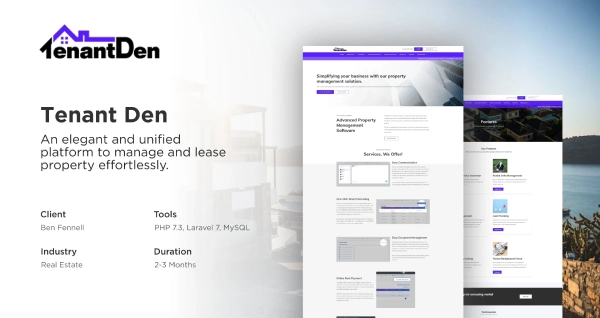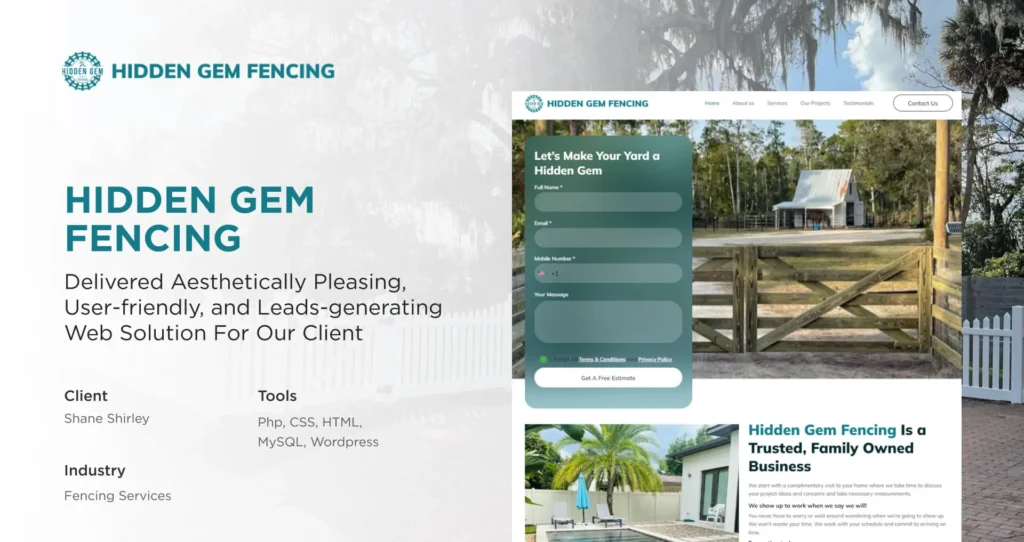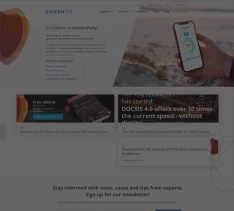The business market of the current era has gone to another level, where customer satisfaction is highly prioritized. No doubt customer satisfaction is always the first priority. But in earlier market trends, a customer has to make some effort to buy a thing. A customer needs to visit the store, explore the required thing, and take it along with him/her.
But today, things have changed. Customers can browse and buy anything by sitting in the comfort of their homes. Even the stuff gets delivered to the customer’s doorstep.
Today, if we talk about a pool of highly potential customers, then the online market comes to the top. Every customer loves to buy stuff online to save time and extra costs.
With the huge rise in the online shopping trend, Mobile application has become one of the most dynamic business tools. Phone apps, whether hybrid or native have become the new standard for building up a connection with customers.
Not only for software products but mobile applications have also been used for almost every business service such as banking, car sharing, or delivery of goods. Apps are one of the best ways for businesses to provide their users with a convenient and up-to-date experience.
Talking about big business giants that are generating huge business revenue by providing their services using apps are – Uber, Zamoto, DoorDash, and much more. These businesses proved that mobile applications help improve retention by having the ability to interact with customers directly.
Mobile apps provide an increased level of accessibility such as push notifications, new payment options, and so on. This is why a lot of industries have been using mobile applications for at least 6–7 years.
On the basis of the development approach, mobile applications are classified into two types that are Hybrid and Native mobile application development. If you are a business owner or starting a new business in the market then you might have come across some different options during your preliminary research.
The two options that you will majorly face while going for the custom mobile app development process are Hybrid and Native app development.
If yes, then let’s move forth to explore What are Hybrid and Native applications? And Which one you should choose for your business?
As an industry expert who has built both types of mobile apps and helped other people do the same. The truth is, there’s not a black-and-white answer here. Since every business has a unique situation and approach, thus you’ll have to decide for yourself which one will best suit your business process by knowing all ups and downs of both development approaches.
What is a Native Application
A native application is a mobile application that is developed for a specific device. That if your application is based on android technology then only android users can use it. If you want to serve the iOS user with your native application then you need to develop a separate application for them using iOS technology. For instance, Android apps are written in Java and iPhone apps are written in Objective-C.

What is Hybrid Application
As the name indicates, a hybrid app is of two elements – native and web applications. These apps can be distributed through the App stores same as a native app, and they can incorporate operating system features.
Hybrid apps are typically easier and faster to develop than native apps. However its processing speed depends on the speed of the user’s browser. This reason is a bit slower than native applications.

So which one should your startup choose?
In order to make a wise choice, it is crucial to better understand the difference of both options and so you’re heading in the right direction. Native and hybrid applications both have their own strengths and weaknesses, and your final decision will depend almost entirely on your business’s needs.
Why Native App?
- In native apps, Graphical Applications, HD games, and intensive animation applications run so smoothly because the native app’s code is faster than HTML and JavaScript.
- In native apps, native SDKs allow accessing device features without dealing with the complexity of native plugins. Along with that new device features will be available out of the box with SDKs.
- Native apps do not have dependencies on open-source libraries and platforms like Cordova and Ionic.
Drawbacks of Native App
- Native apps require separate development efforts for each platform which increases the development time and cost.
- In Native apps, each platform code will have its release cycle and update which leads to more development and cost.
- The different code base of native apps creates a big issue that is releasing the same feature on all platforms at the same time. Both didn’t support the same feature.
- Need to hire two different teams to develop & maintain the app for both platforms such as Android and iOS because different platforms require different skill sets.
Why Hybrid App?
- Hybrid apps are developed with a single code for all platforms which means write once and run anywhere. The major difference that makes hybrid apps differ from native apps
- No need for different teams with different skill sets. The same team of developers can craft apps for any platform including websites as well because all required is web technologies.
- Hybrid app development is based on web technology that enables a hybrid application to run on a browser like any other website or can be run as Progressive Web App(PWA).
- Hybrid applications require the same hardware-based performance acceleration as native apps.
- Best to provide the same user experience on every platform, whether it’s Android, iOS, or a web browser.
Drawbacks of Hybrid App
- In apps with 3D, HD games, high graphics-oriented apps, and other performance-centric apps, the hybrid approach might not go well.
- In hybrid apps, sometimes the entire new device feature might be not readily available as a native plugin. And if we write on our own, it adds complexity to the development.
- The hybrid development process is having dependencies on different libraries and frameworks like Cordova, and Ionic which has to be in sync with the latest platform version changes and releases.
Conclusion
After considering all these above-mentioned options you can make a wise decision for your business whether you should go for a hybrid or native app development. The important thing is to bring your idea to life efficiently and cost-effectively.
Working with a professional team of developers is the best approach to make your mobile app development project feel like a natural transition, rather than a giant leap into uncharted territory. At Technocrats Horizons, our experienced custom mobile app development team helps you choose the right app for your idea.
Get App Solutions That Immediately Stand Out!
Talk to our experts to understand how our app solutions can boost your productivity.











 Request a
Request a




















